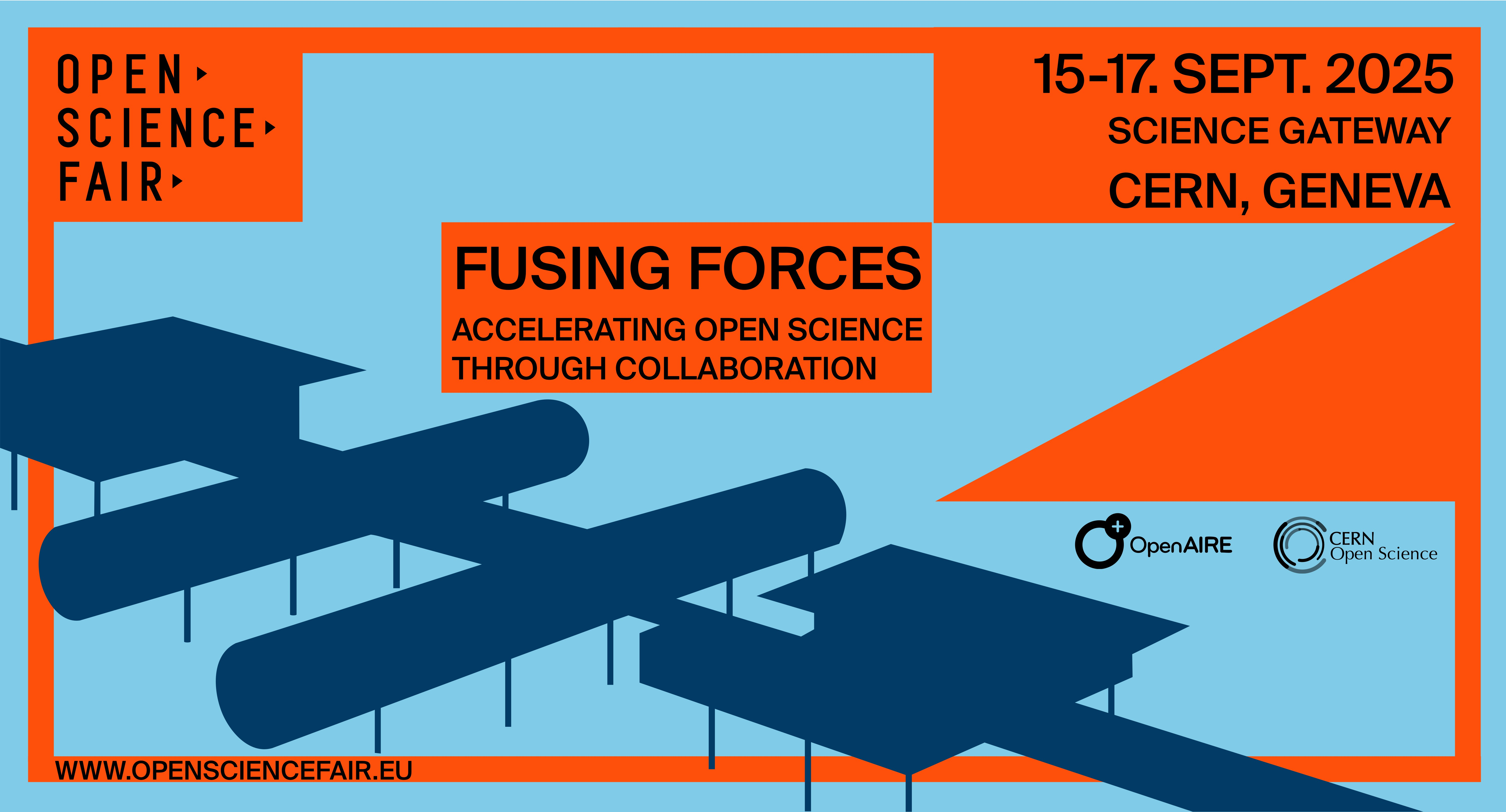The RDA TIGER project has played a pivotal role in supporting Research Data Alliance (RDA) Working Groups (WGs) that align, harmonise and standardise Open Science developments and technologies globally. While the RDA is a global platform, one of RDA TIGER’s key selection criteria for supporting WGs and projects is their potential impact on solving European data challenges and promoting data...
Understanding the impacts of Open Science (OS) and the extent to which they materialise requires a solid methodological framework, which is not yet fully established. The Cost-Benefit Analysis (CBA) framework for OS - developed (part of the PathOS project) - aims to provide a systematic and comprehensive approach to quantifying the impacts of OS. This framework goes beyond simply evaluating...
This presentation delivers a critical policy assessment of national Open Science (OS) strategies and policies across selected EU Member States, examining their alignment with, and divergence from, supranational frameworks, particularly EOSC and broader EU digital agendas. Drawing on socio-epistemological theory and a critical analysis of policy and infrastructural dependencies within the EU,...
The presentation explores open science policy development in Finland in the context of stakeholder engagement and the creation of the first national policy recommendation for citizen science with focus on measuring impact and community engagement.
The presentation is based on two 2025 studies. First study is established on the shift of responsibility for coordinating open science in...
The emergence of a digitally enabled Open Science has coincided with the vast growth of high education in the Global South, leading to a vast expansion of research and publishing activity, as attested to, for example, by the 55,000 journals (almost entirely open, without fees for readers or authors) using the journal publishing platform Open Journal Systems (OJS) launched in 2002. The rate and...
International Relations are established for various purposes; however, the nature of this Open Science Fair 2025 “Fusing Forces – Accelerating Open Science through Collaboration” invites us to address the relationships that exist around Cooperation, specifically new trends.
To this end, we will review briefly what has characterized these ties for years, and then we will suggest an alternative...
Over the past decade or more, Open Science (OS) has rapidly gained momentum, with thousands of policies and recommendations from national agencies, funding bodies, institutions, and journals intended to foster a paradigm shift toward openness. Despite this enthusiastic embrace of Open Science, the tools and frameworks necessary for knowing whether greater openness is being achieved have lagged...
Designing What Matters is a 90-minute co-creation workshop bringing together policy makers, research support professionals, researchers, bibliometricians, and librarians to rethink how we monitor the impact of Open Science and reward it within research assessment frameworks.
Building on the GraspOS Researcher Profile and Monitors, participants will break into small groups and receive a...
As Open Science moves from aspiration to policy, the demand for actionable indicators to monitor its impact is growing. Policy initiatives like Horizon Europe Interim Evaluation, ERA Dashboard, EOSC monitoring activities, and national monitoring efforts call for reliable, interoperable data to support evidence-based decisions. Meanwhile, global frameworks such as UNESCO’s Open Science...
